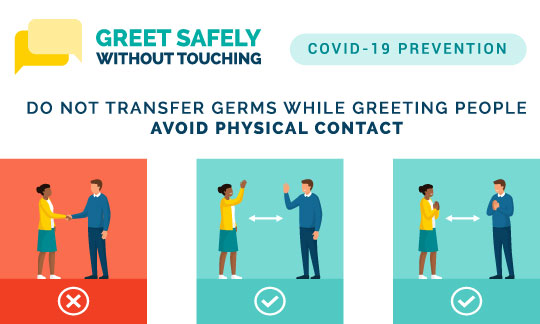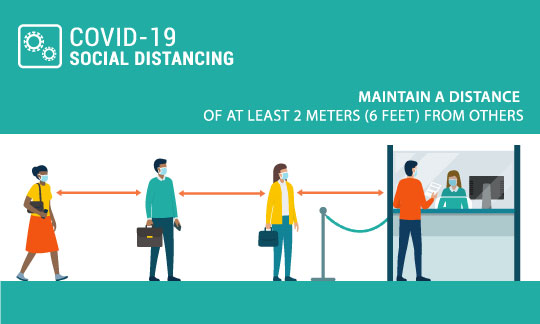SAFE MEETINGS AND EVENTS: COVID-19 CONSIDERATIONS WHEN PLANNING YOUR NEXT EVENT
As event organisers start planning events post COVID-19 restrictions, considering and planning for the health and safety risks for the event is critical.
In this article we provide some things to consider when planning your next event to provide a healthy environment:
- Cleaning and Disinfection
- Bathrooms
- Ventilation
- Venue Layout
- Serving Food
- Back Up plan
Providing a healthy environment
Event organisers should plan for how they are going to enable their attendees, event operators and community to maintain a safe environment and system of operation.
Firstly, anyone who is unwell should not be attending or working at your event. In the lead up to the event, it may be beneficial to reinforce this message: If anyone presents with symptoms such as fever, cough, sore throat or shortness of breath, they should be avoiding the event. You can also offer an online/virtual participation which may encourage people who don’t feel 100% to attend remotely.
Stop handshaking and hugging as a greeting and encourage your attendees to practice alternative methods such as these.

Cleaning and disinfection
A good place to start is to consider how you will maintain cleaning and disinfecting of frequently touched surfaces within the event venue. This can include, door handles, payment terminals, tables, chairs, countertops, cash registers.
Setup a roster of cleaning among your event operators for routine cleaning and disinfection.
Consider the need for closing areas that cannot be adequately disinfected during an event, for example, a drinking fountain.
Wear disposable gloves when cleaning and ensure safe and correct use and storage of cleaning products to avoid any harmful exposure to event operators or participants.
Bathrooms
To maintain social distancing, consider limiting the number of people who utilise the bathrooms at one time you will also need to minimise any lines or groups that may form near the bathrooms. It may be helpful to post markers on the floor to help attendees maintain the appropriate social distance.
Make sure you are frequently cleaning and disinfecting this area, paying attention to high-touch surfaces such as toilets, taps, doors, countertops, etc.
Check that you have adequate stock of supplies such as hand soap, hand towels and hand sanitiser to ensure event participants and event operators can maintain good hand hygiene.
Ventilation
Avoid poor ventilation where possible, increase circulation of outdoor air by opening windows and doors if there is no safety risk to participants and event operators.

Venue Layout
Chances are you are running your event at a limited capacity to comply with local restrictions and guidelines. Therefore, if a venue would traditionally have a 200 person capacity and you can only host 100, consider modifying the layout of the chairs and furniture in a spaced out manner to allow for social distancing.
If there is a chance of queues forming at your event, you may want to consider setting up multiple waiting / queueing areas so smaller groups can form and people can keep 1.5m apart. Provide signage with clear instructions and other guides such as ropes or floor markers mapped out with tape.
Consider setting up freestanding protection screens or Perspex partitions, in areas of the venue that may become challenging for participants and event operators to maintain adequate social distancing, for example at registration booths.
Serving Food
Encourage your attendees to wash their hands before and after eating any food at the event and ensure event operators wash their hands when preparing and serving food.
Space out any food service areas to avoid people congregating. If you are unsure of the hygiene and sanitation processes in place for traditional cutlery, opt for disposable items including utensils and dishes.
Check your local guidelines in regards to use of buffets, salad bars and drink stations.
Back up plan
Develop a back-up plan. COVID-19 has reminded us all that unpredictable events can hit at any time. Consider if you suddenly needed to make decisions on a response to a virus outbreak that has changed restrictions, which could affect your events plans. Alternatively you may want to consider if you can you take your event online? Can you postpone your event at short notice? Are your vendors flexible with deposits and payments?
Event Cancellation Cover may seem like a good back-up plan but unfortunately communicable or infectious disease, including the COVID-19 pandemic is not covered under this policy. For further information on Event Cancellation Insurance please refer to our blog page on this topic.
Conclusion
This is not a guideline, rather some things you should be considering when planning your next event. Always follow the advice, guidance and current restriction framework of your local authorities.